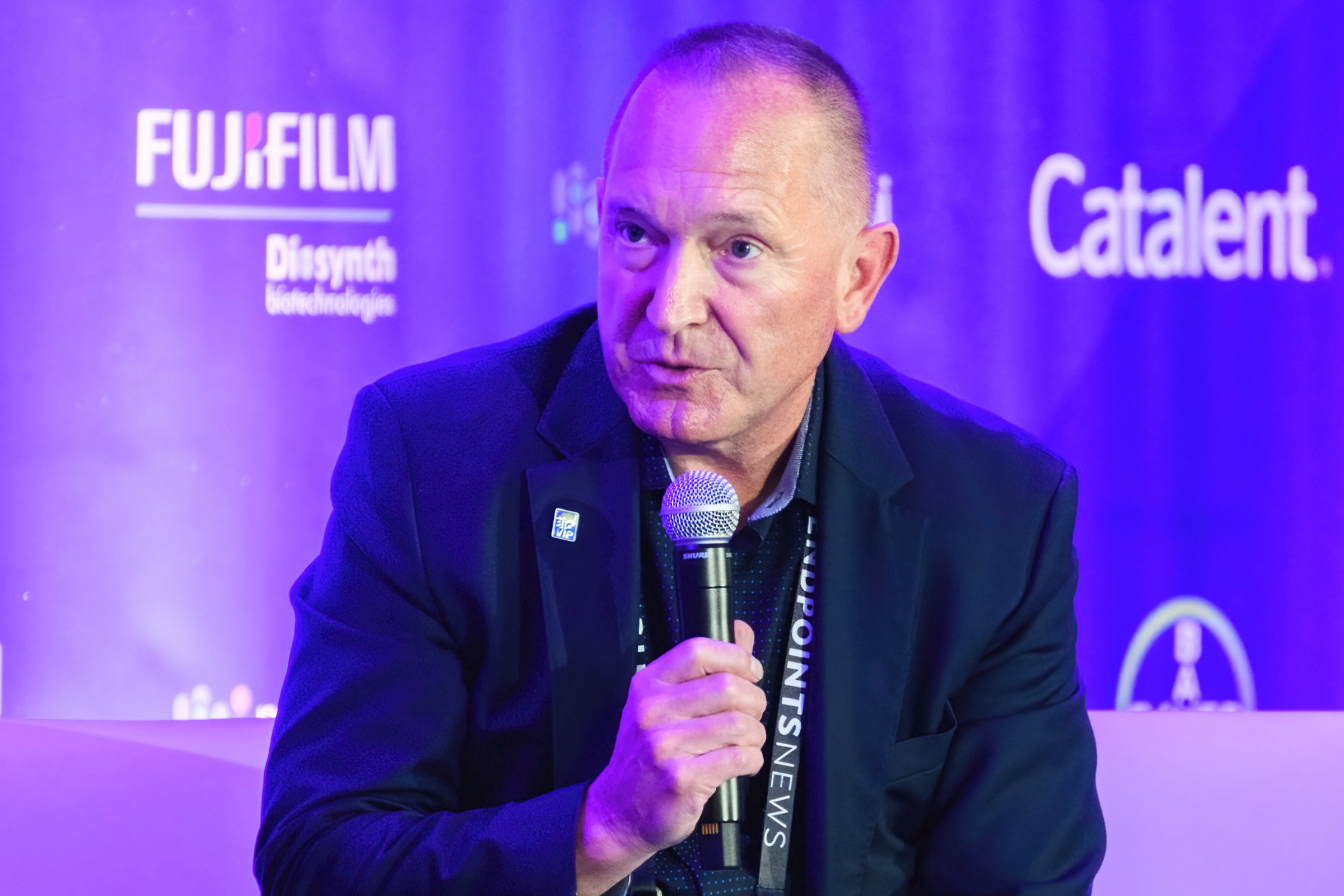
Nkarta underscores safety of CAR-NK, boasts early responses
The first generation of personalized CAR-T therapies made big waves in the treatment of lymphoma for their stunning efficacy. Nkarta is hoping its off-the-shelf natural killer cell approach will stand out on safety — while keeping some of those impressive numbers on responses.
In a new update from its Phase I dose escalation study, the South San Francisco-based biotech reported that seven out of 10 patients treated with the highest doses of its NK cell therapy, NKX019, achieved a complete response, translating to a complete response rate of 70%.
Unlock this article instantly by becoming a free subscriber.
You’ll get access to free articles each month, plus you can customize what newsletters get delivered to your inbox each week, including breaking news.